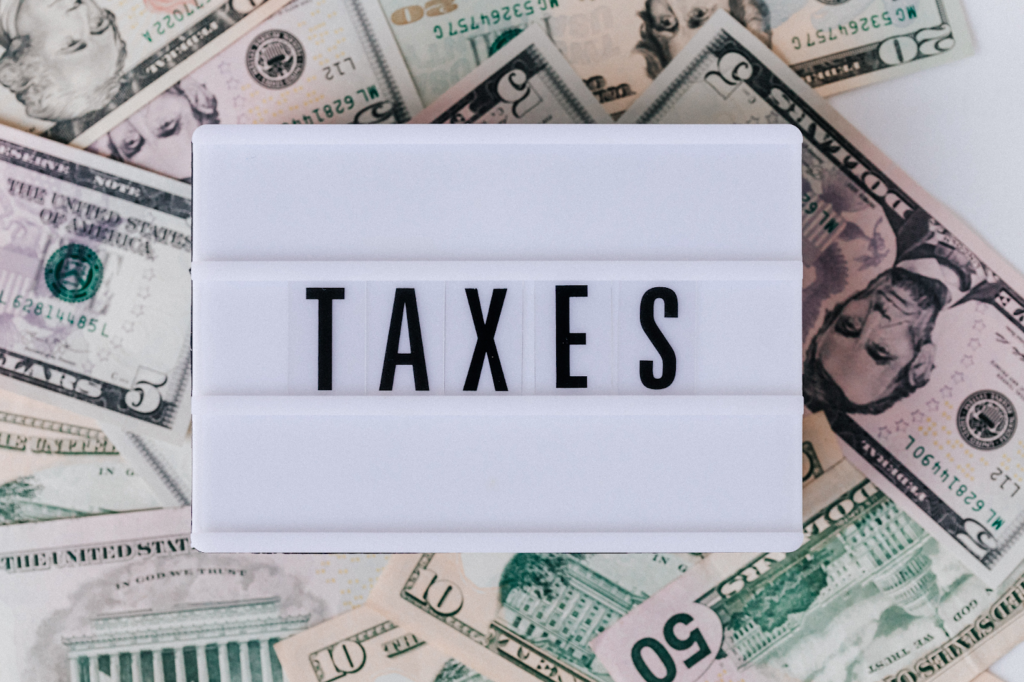Cape Verde, with its vibrant culture, excellent climate, beautiful landscapes and robust economy, has emerged as an attractive destination for real estate investors across the world
Over the last decade, the Cape Verdean real estate market has shown constant growth and resilience, making it an ideal choice for those seeking a stable and profitable investment.
However, when deciding to invest in Cape Verdean real estate, understanding the country’s tax system is essential to ensure maximum profitability and smooth transactions.

Cape Verde Tax Landscape: An Overview
Navigating Cape Verde’s tax maze may initially seem overwhelming for foreign investors.
However, a proper understanding of this complex yet structured tax system can make the difference between a good and a great investment.

Main taxes involved in real estate transactions in Cape Verde: a detailed overview
Engaging in real estate transactions in Cape Verde, as elsewhere, involves a certain degree of tax responsibility.
Being aware of these taxes can help you budget accurately and potentially identify areas where you can make tax-efficient decisions.
Here are some of the main taxes involved in real estate transactions in Cape Verde:
Notarial Registration and Stamp Tax Acts
Paid at the Notary’s Office, on the day of the Public Deed of Purchase and Sale, with a national Vinti4 Card, Visa or Mastercard is not accepted.
On the one hand, we have the owner of the property (seller), who must pay 1%, IRPS rate, of the sale value of the property, on the other hand, we have the buyer, who must make the payment, in the fixed amount from 179.4 EURO.
In the case of a purchase with a bank credit application (mortgage), an additional fee of 100 EURO is added to the buyer’s expense.
Transfer Tax (IUP)
The Municipal Transmission Tax (IUP) is a mandatory tax paid by the buyer, at the Municipal Council.
The IUP rate is set at 1.5% of the sale value.
For example, if you buy a property worth 150,000 EURO, the IUP value would be 2250 EURO.
This tax is generated upon application, and with the Purchase and Sale Deed attached.
Capital Gain Tax
When you sell a property in Cape Verde, you are responsible for the Capital Gain Tax if the sale price is higher than your original purchase price, that is, higher than the value found on the Matrix Certificate.
For example, if you sell a property for 100,000 EURO and the value described in the matrix certificate is 60,000 EURO you had a capital gain of 40,000 EURO, from this gain, the City Council will take the value of the Capital Gain of 1.5%, which will be 600 EURO.
Understanding these taxes is a crucial step in managing the financial implications of real estate transactions in Cape Verde. With this knowledge, you can make informed decisions and potentially optimize your tax position.
Registration Taxes
In the case of a registration with a mortgage, the value will be doubled, becoming 438 EURO paid with a Cape Verdean credit card (Vinti4)
Involving professional consultants
The complexity of Cape Verde’s tax system requires professional guidance. Tax consultants with specialized knowledge of the Cape Verde real estate market can help you understand your tax obligations and identify potential tax savings opportunities. For example, a tax advisor can help you strategically leverage your investment to minimize Capital Gains Tax.
On average, professional advisors can charge between €100 to €200 per hour, but the investment is generally worth the cost for complex transactions.
Conclusion
Investing in the Cape Verdean real estate market promises attractive returns, but understanding the tax scenario is essential. By carefully planning and leveraging Cape Verde’s special tax regimes, foreign investors can increase their profits and ensure a tax-efficient investment. Remember, tax laws are subject to change, and it is advisable to consult a tax advisor before making a significant investment.

